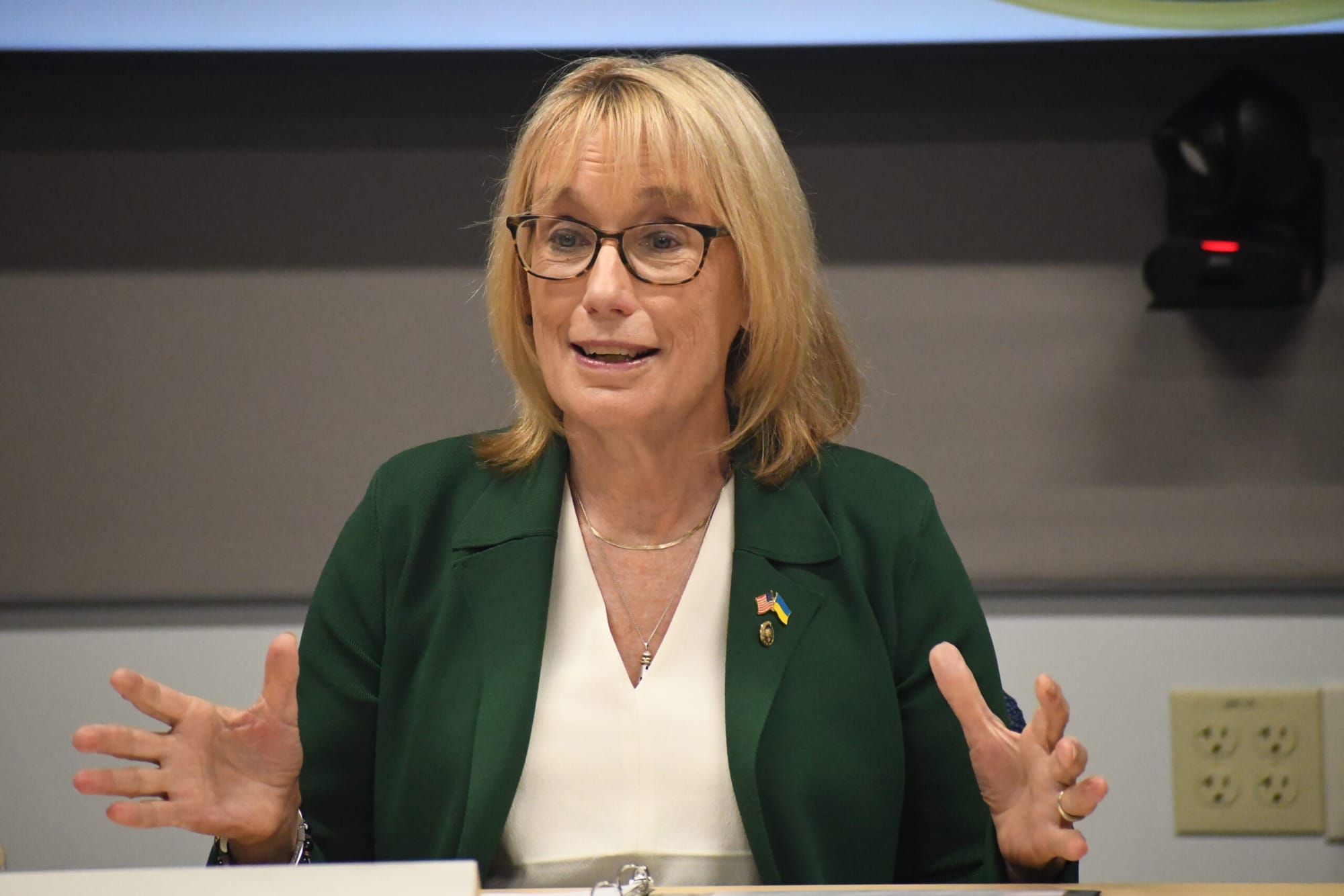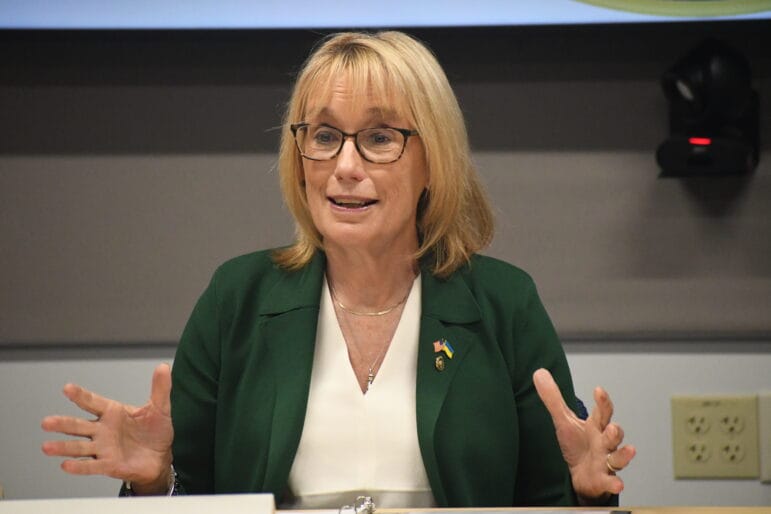Hassan holds UNH Manchester mental health roundtable
On Monday, U.S. Senator Maggie Hassan (D-NH) held a roundtable discussion with local leaders on the issue of improving youth mental health.


MANCHESTER, N.H. – On Monday, U.S. Senator Maggie Hassan (D-NH) held a roundtable discussion with local leaders on the issue of improving youth mental health.
Hassan told the panel that throughout her travels across New Hampshire, the lack of mental health access is one of the key issues she hears from constituents and her colleagues in the Senate report hearing the same thing in their states. At first, Hassan found that she had difficulty discussing youth mental illness due to the standards of her generation, but she found that young people continued asking her about the topic and their advocacy has helped bring a spotlight to the issue.
In Congress, Hassan discussed funding for mental healthcare from the Bipartisan Safer Communities Act and funding to prevent youth suicide in the StandUp Act, as well as other federal funding for local programs and organizations fighting to improve youth mental health access.
One of those programs is taking place at UNH Manchester, where UNH Research Associate Professor Mary Schuh talked about a new graduate student initiative working to bring greater mental health to underrepresented populations and develop best practices for youth mental health in schools.
“We want to make sure that young people who are experiencing challenges, whatever they are, have leaders within their schools and mental health leaders they can look up to,” said Schuh.
UNH Student Loreley Godfrey said that some of the programs discussed during the roundtable for younger people in schools would have be useful in helping her skills prior to an incident when her friend had a panic attack while driving. Eventually, she learned what she needed to help her friend by looking for strategies over the internet on her phone.
“I know every sort of person in New Hampshire will benefit from the sorts of resources that are being discussed today,” said Godfrey.
Beyond resources specifically targeted at schools, other mental health initiatives discussed included improvements to the 988 program, updates with SAMHA and Manchester’s Makin’ it Happen program, mental health programs for law enforcement personnel, efforts by Dartmouth to fight isolation among rural communities.
Hassan also asked the roundtable about progress being made in discussing mental illness, with a generally positive response from the assembled experts, even though challenges still exist regarding timely funding sources.
“I think it will take all of us, but we’re moving in the right direction in terms of sharing communication,” said Makin’ It Happen Executive Director Mary Forsythe-Taber.




